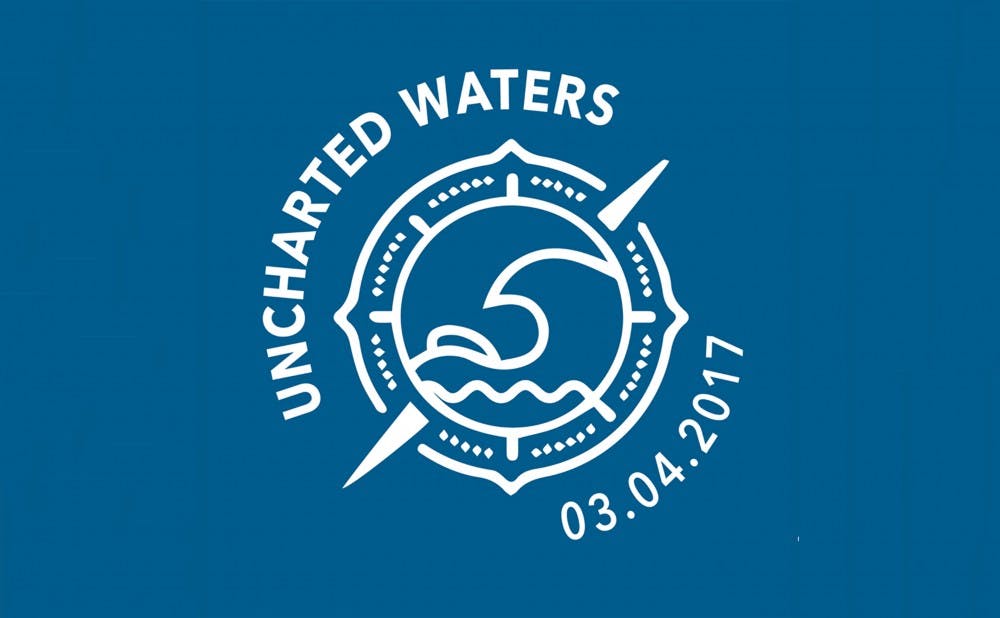Duke will host its sixth TEDx convention in Reynolds Theater this Saturday with the theme of "Unchartered Waters."
From the 300 nominations they received, this year's TEDx committee chose 11 speakers whom they think align with the mission of TED, which stands for Technology, Entertainment and Design. The nonprofit organization aims to spreading ideas in the form of short but powerful talks.
"[The theme] embodies the spirit of TEDx—that we should continue to engage in the ideas around us and learn about things that hadn't even occurred in our world before," said junior Anne Driscoll, TEDx committee president.
Driscoll and her team have selected speakers whose specialties range from nursing to conservation to neuroscience. Each speaker plans to bring a fresh perspective on the role that research and inquiry play in Duke and Durham's community dynamic.
The lineup for Saturday includes students, professors and Durhamites engaging in a variety of notable works.
One speaker in particular has a strong relationship with Duke's TEDx community. Senior Morgan Irons became involved with TEDx during her first-year on campus, working her way through several subcommittees to an executive position as a junior and finally to a role as a speaker this year.
After attending the space exploration conference "Humans to Mars" in Washington, D.C., Irons said she noticed a gap in space sciences for research on creating sustainable ecological systems to support life. With that in mind, she and her father started Deep Space Ecology LLC, for which she serves as chief scientific officer.
For Irons, exploring the "uncharted waters" of space does not mean abandoning research that focuses on terrestrial problems. She said she plans to talk about how research on space can lead to discoveries that improve life here on Earth.
Felipe De Brigard, a Duke faculty member, will be speaking on his work in neuroscience. As an assistant professor of philosophy as well as psychology and neuroscience, De Brigard has focused his research on the interactions between memory and imagination.
This Saturday, he will talk about the psychological phenomenon of counterfactual thinking—or how people tend to remember events and "facts" differently from how they actually occurred. Exploring this kind of thinking not only has implications in the understanding of human cognition, but can also influence how we approach coping with past events, he noted.
De Brigard said he is excited to share a part of neuroscience he thinks is worth talking about and said the platform of the TEDx event is a great way to get people interested in these concepts.
"TED talks are never the end. If anything, they are like the beginning," he said. "TED talks…shouldn't be seen as a summary of an enormously large amount of research—they should be seen rather as an invitation for people to explore what this really is about."
Get The Chronicle straight to your inbox
Signup for our weekly newsletter. Cancel at any time.

